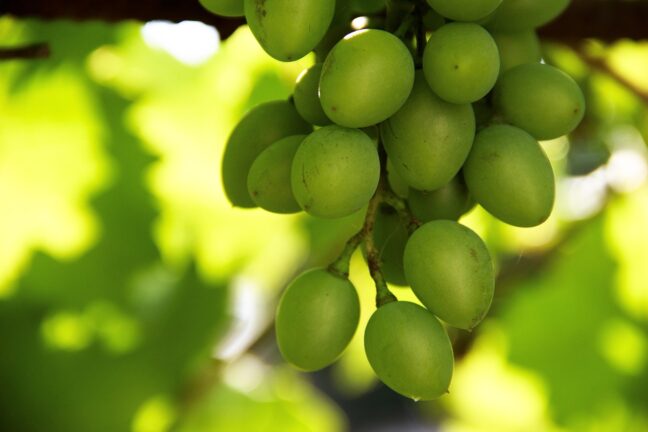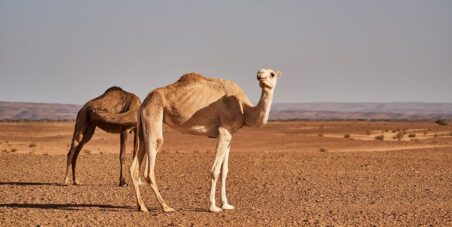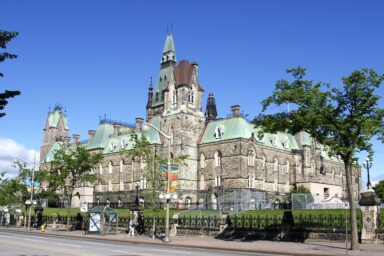The EU Council agreed on Thursday to support removing customs duties on seven agricultural products from Moldova. These products are not yet fully liberalised for export from Moldova to the EU and would normally be subject to duty-free quotas.
Until late July, the EU’s unilateral trade liberalisation measures covered these products, introduced in July 2022 following Russia’s invasion of Ukraine. The products in question are plums, table grapes, apples, tomatoes, garlic, cherries, and grape juice.
Permanent replaces temporary
The EU is replacing the temporary measures with a permanent framework providing stability for economic actors on both sides while protecting sensitive EU farm sectors. The future agreement will include safeguard clauses against market distortion and require Moldova to align with EU agricultural standards by 2027.
After this decision, the EU-Moldova Association Committee in Trade Configuration will formalise the reduction and elimination of customs duties under the review process of the EU-Moldova Association Agreement.
Support in face of Russian interference
Moldova’s future faces political challenges: the 2024 presidential election drew accusations of Russian interference. Recent opinion polls show fair support among Moldovans for EU integration. Moldova is also economically vulnerable and, situated next to the conflict in Ukraine, faces ongoing pressure from Russia.
The EU has condemned Russia’s aggression and taken unprecedented measures to support Moldova, including a €1.9bn Growth Plan to foster reforms and economic growth.
You might be interested
Moldova was granted EU candidate status in June 2022 and accession negotiations started in December 2023. The EU-Moldova Association Agreement, in force since 2016, includes a Deep and Comprehensive Free Trade Area (DCFTA) that aims to gradually integrate Moldova into the EU internal market. The DCFTA has been provisionally applied since 2014. This decision to eliminate customs duties is part of the EU’s broader strategy to support Moldova’s economic resilience and closer alignment with EU policies amid ongoing regional tensions.











